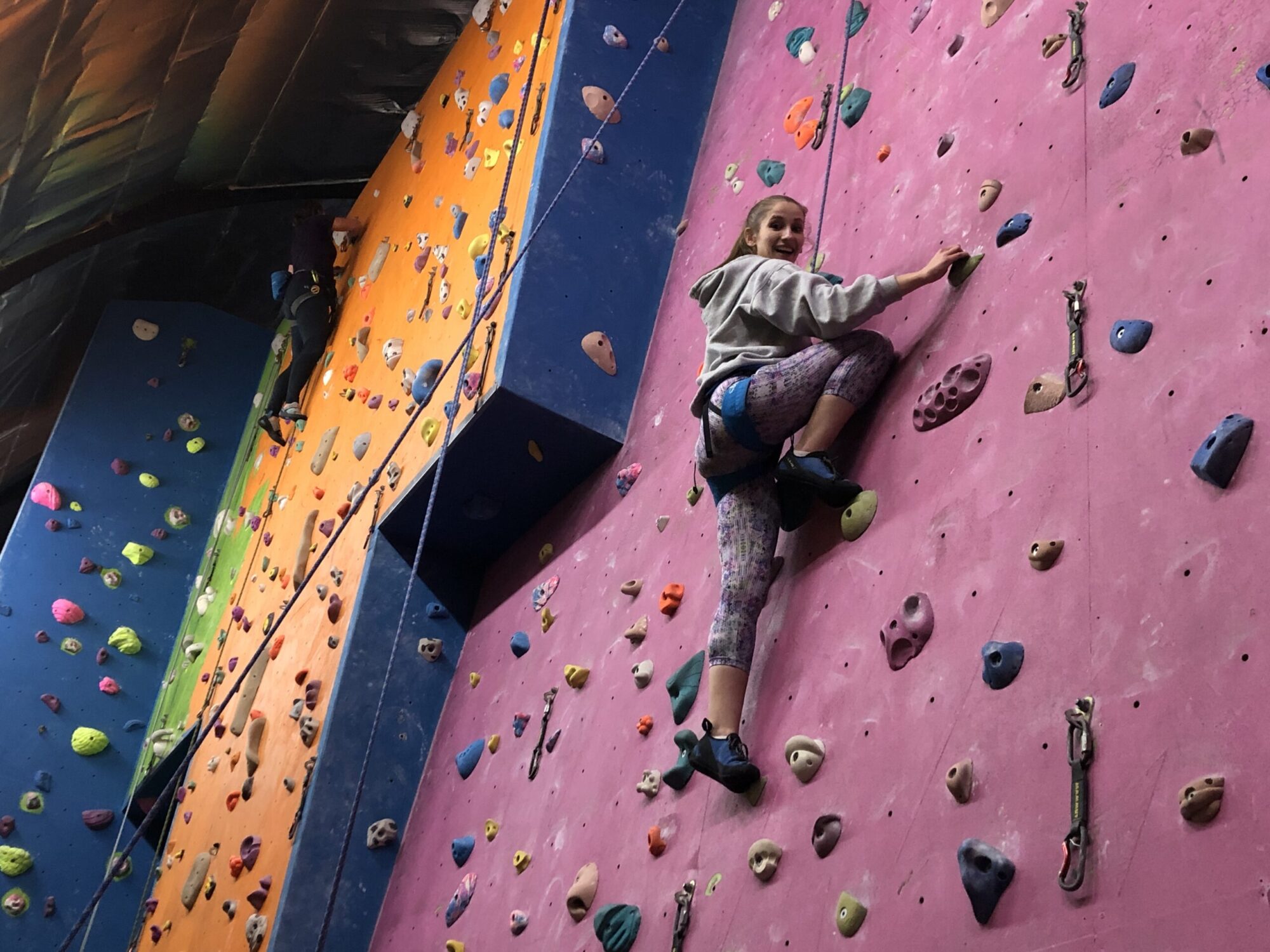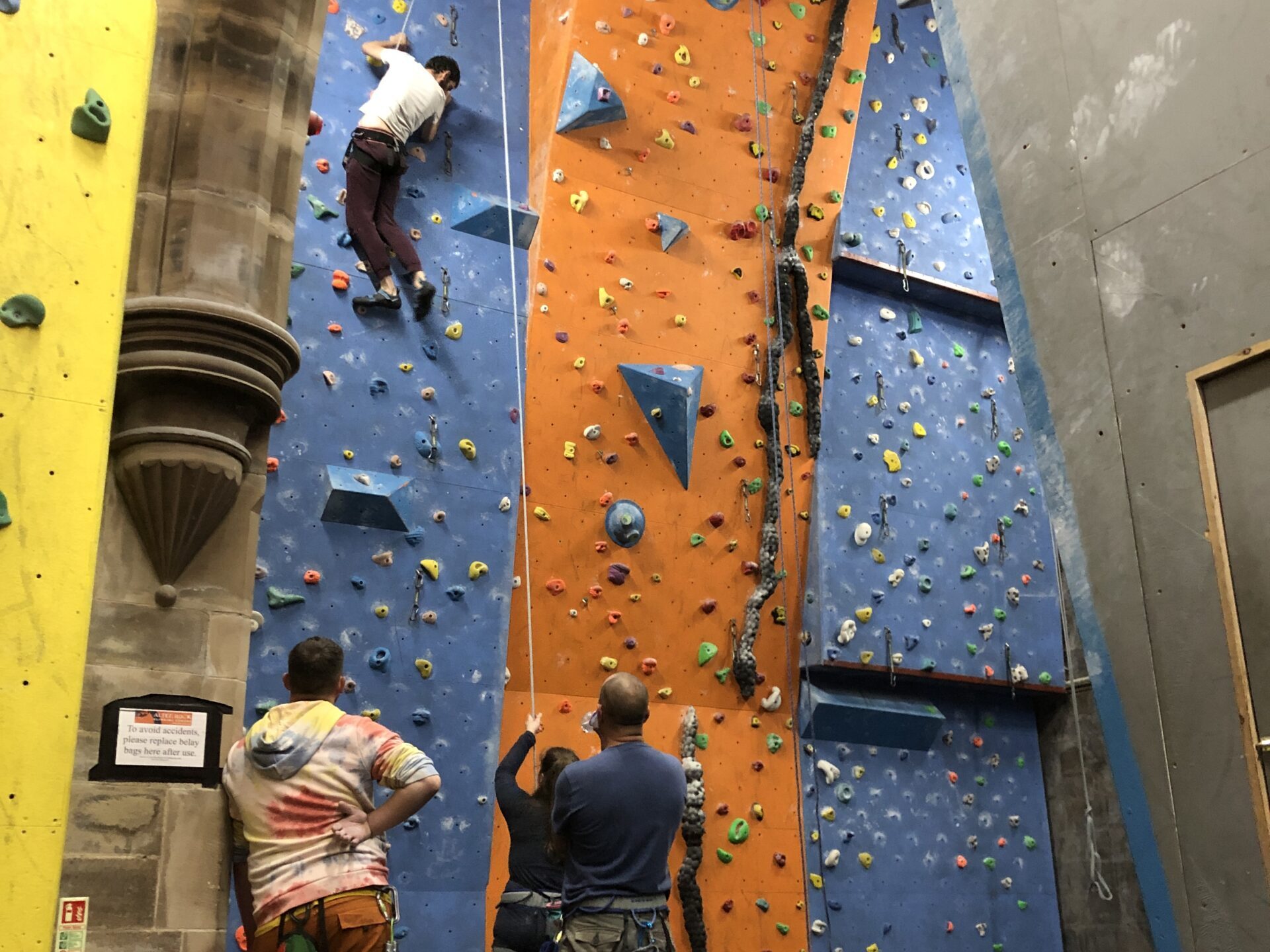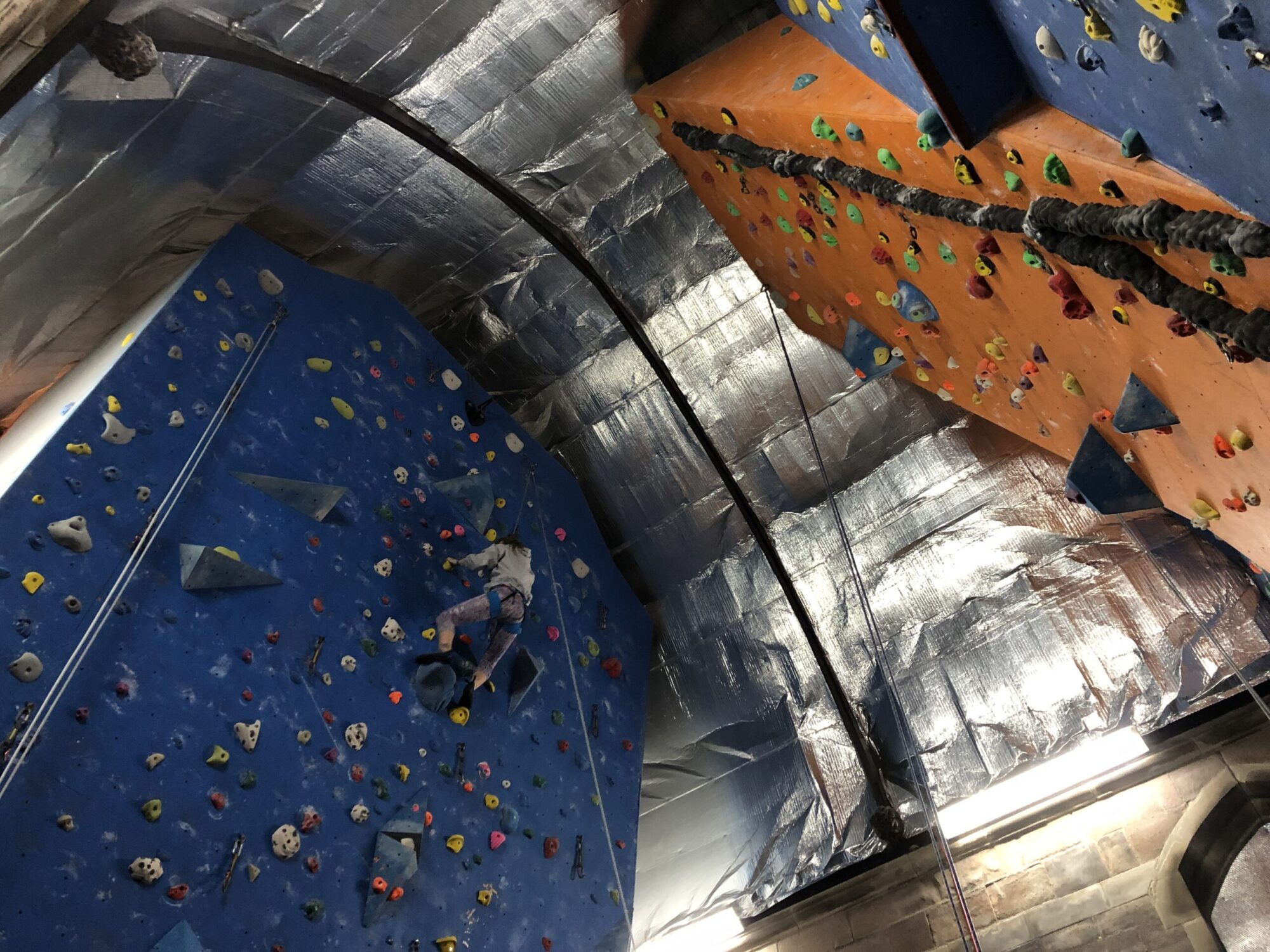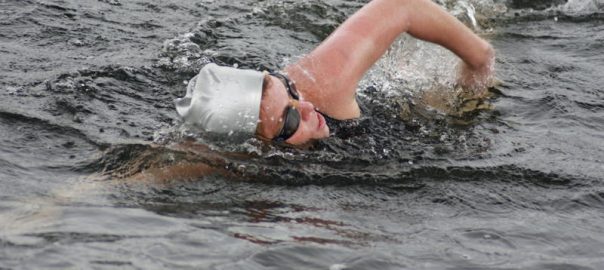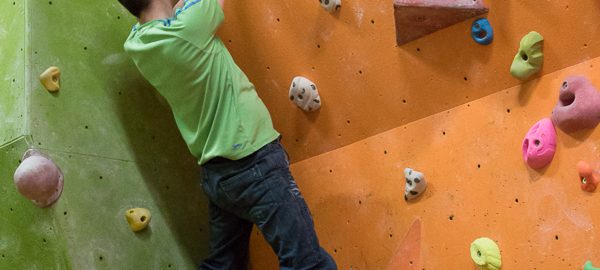This post is written by a guest this week, Dr Julie Bradshaw MBE and English Channel swimmer. We thought her thoughts about motivation for swimming are just as relevant to other sports such as climbing. Thanks to Dr Bradshaw for permission to reproduce her article which first appeared in The Channel Swimming Hand Book.
Consider these questions and then the answers:
- What will happen if you do Nothing?
- Nothing.
- What is likely to happen if you take action?
- Something.
- What action will you take?
Motivation is the key factor as it causes a person to act. Motivation is only motivation if it gets you to “take action”. Taking action is what separates winners from losers; it is the difference between wishing and dreaming: Dreamers Act!
“Dream your painting, then paint your dream”, Vincent Van Gough
– and my dream was to swim the English Channel. So where did my motivation come from? As with you, Motivation is personal and you need to define it for yourself. This is important because if you do not, you will likely get discouraged along the way. When the going gets tough, you will give up.
Defining Motivation is about doing it in a personal manner that is relevant to you AND will compel you to ‘take action’. If it does not, then you haven’t found the right motivation. Motivation then is deeply tied to your goals; your goals are in a true sense your motivation. That is why they are personal. I had my goals and indeed they motivated me.
Getting up every morning, ‘ploughing’ up and down a pool length after length, diving into cold, chilly water isn’t everyone’s idea of fun!! I can tell you from my own experience you have to be motivated. The motivation for channel swimmers and the ‘reason to swim’ (the why) is something of an extraordinary challenge to aim for, although I consider myself an ‘ordinary person’, who has achieved extraordinary things’ in life. I’ve just had my goals set, with plenty of focus and determination. Big goals spur people to action – people can be divided into two different categories; they either have ‘away from’ or ‘toward’ motivation. Ask yourself right now, are you motivated by a ‘stick’ (away) or a ‘carrot’ (towards).
Being a ‘towards’ motivated person, like myself, means you are always moving forward to something. A goal, which is the best motivating factor. The problem for ‘away from’ people is that when they get far enough away (e.g. An employee threatened with a wage decrease if the job is not done), their motivation goes. I have worked with people and after changing their values and using NLP techniques, I found a ‘light goes on’ and suddenly they have a realisation of how to be properly motivated.
So ‘what’s the channel challenge all about?’ Let me tell you, you will need strategies and things to keep you going: maintaining focus on what you want. To give you some idea I found these factors helped me:
Accentuate the Positive. Look at your strengths and how you can make yourself even better. If you send messages to your brain that are positive and that you can do something, convincing yourself that it is possible, your whole mindset will be positive and your goal will be achievable. Providing you work hard and effectively towards it, and never lose sight of the fact that you can do it Your Goal Will Happen.
Determination: they say, ‘when the going gets tough, the tough gets going.’ There will be obstacles along the way, such as injuries (in my case, I was forced to abandon my first Butterfly attempt 3 miles from France!!). However, life is not just about obstacles; life also provides ‘solutions and opportunities’ for you on that journey. In fact, my relay swimming days were borne from that ‘learning.’
Support:of family and friends. This for me does not need any explanation; however, with it my goals were made that much easier and even more achievable.
So, be inspired, take action. Know yourself and your motivation:
If you think you can, you can. If you think you can’t, you can’t and you won’t. Either way you’ll prove yourself right. – Henry Ford.
Follow your dreams always.
Find out more about Dr Bradshaw on her website www.getset4success.co.uk
